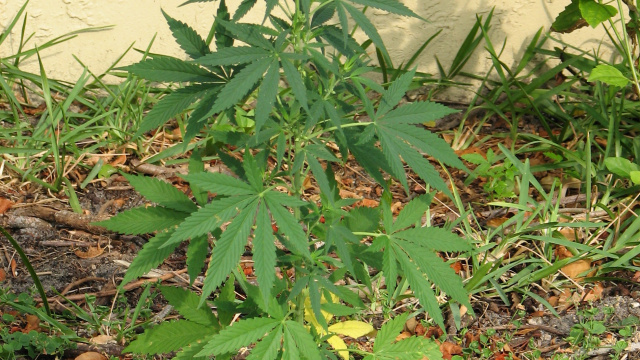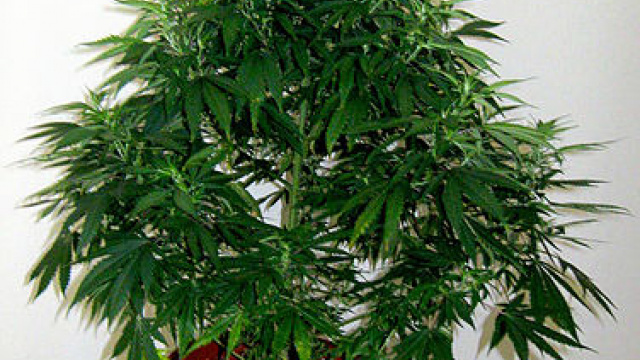 Before long, smoking a joint in the nation’s capital might get you in even less trouble than parking on the wrong side of the street on street-cleaning day.
Before long, smoking a joint in the nation’s capital might get you in even less trouble than parking on the wrong side of the street on street-cleaning day.
Ten of 13 members of the D.C. Council and Mayor Vincent C. Gray (D) have endorsed a plan to make small-time marijuana possession a civil rather than a criminal offense. That means recreational cannabis users wouldn’t face arrest, charges or jail time — any of which can destroy their lives — as long as they aren’t caught with more than an ounce of the drug. Instead, they would have to pay a fine, perhaps as low as $25. (The mayor also wants criminal penalties to remain for anyone caught using it in public.)
Much of the debate over the idea has focused on an American Civil Liberties Union report that suggests that the District and many other jurisdictions enforce their anti-marijuana laws unfairly, disproportionately arresting African American suspects. On these pages, Police Chief Cathy L. Lanier pushed back, insisting that factors such as a geographic concentration of tips about marijuana users, not biased policing, are responsible for the city’s arrest figures.
That debate does not need to be resolved to conclude that maintaining criminal penalties for small-time users of any race doesn’t make sense.
Enforcing criminal penalties against those who aren’t involved in trafficking or selling the drug would be too harsh and a waste of government resources. As it stands, very few people in the District are prosecuted for possessing less than an ounce of marijuana, unless there are other charges to go along with it. But even an arrest can make it difficult to find a good job.
Refraining from enforcing criminal penalties, on the other hand, would promote disrespect for the law.
An all-around better policy, long championed by District lawyer Paul Zukerberg, would be to slap small-time users with a civil fine, which is a measured way to send a message that the government does not condone or tolerate marijuana use. No one’s life would be permanently marred by getting caught with a joint. But violators would still have to pay, literally. In that vein, we would suggest that $25 — a smaller fine than that attached to low-level parking violations — is too modest a penalty. Maryland lawmakers considered setting a $100 fine this year, the same level that New York state approved last year. That sounds like the right size.
Attitudes about marijuana are changing, and quickly. A recent Gallup poll found that an astonishing 58 percent of Americans now favor legalizing the drug. Colorado and Washington state have both tried to do just that by changing their drug laws. Federal law still treats marijuana as an illicit substance, but Attorney General Eric H. Holder Jr. announced a policy this year that aims federal resources at high-level offenders. And now the District government is poised to join the 15 states that have decriminalized small-time pot possession.
Of all the official reactions to changing mores on marijuana, decriminalization is the best.
Source: Washington Post (DC)
Published: October 27, 2013
Copyright: 2013 Washington Post Company
Contact: [email protected]
Website: http://www.washingtonpost.com/



Leave a Reply